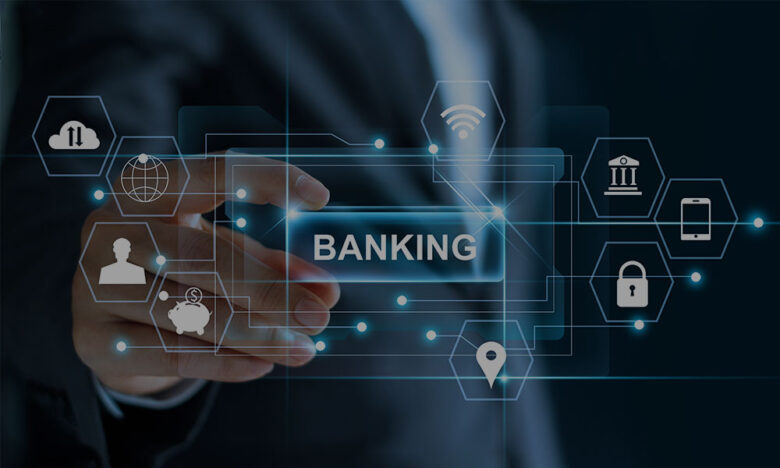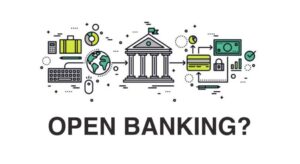Recently, digital banking has radically changed the way people manage their finances. Traditional banking often required visits to branches or manually tracking expenses. Digital banking, on the other hand, allows people to manage their money directly through user-friendly apps and websites. One of the biggest benefits of this change is that budgeting has become much simpler. Digital banking features now make it easier to track income and expenses, set savings goals, and understand how your money is being used. This has made budgeting simpler and more convenient for millions of people around the world.
Real-Time Transaction Tracking
One of the drawbacks of traditional budgeting is that it takes time to know exactly where your money is going. With digital banking, you can view your transaction history directly in the app or on the web dashboard. This real-time tracking allows users to see every purchase, transfer, or deposit in real time. Easy access to spending information makes it easier to adjust habits, stay on track, and avoid going over budget. Digital banking allows consumers to stay informed, eliminating the need to wait weeks for bank statements or rely on their memory. This makes budgeting easier and more accurate.
You can Change your budget goals.
Customizable budget goals are another key benefit of digital banking. Users can set monthly spending targets for different categories and track their progress. For example, you might limit your spending on dining out or entertainment but prioritize saving for a vacation or emergency fund. Many apps provide alerts or notifications when you’re approaching your budget limit, helping you stay on track. This proactive advice promotes ethical financial management and helps people stick to long-term savings goals. Setting specific goals provides a framework and foundation for budgeting, making it easier to stick to them.
Automatic Transfers and Savings Tools
Managing money can be complex, but digital banks offer tools that make saving simple. Many apps have a feature that automatically rounds up purchases to the nearest dollar and deposits the surplus into a savings account. Some apps also allow you to set up automatic transfers based on your paycheck, making saving simple and hassle-free. These features make saving an effortless, almost automatic habit. Digital banks remove the uncertainty and hassle of saving, allowing consumers to steadily grow their savings while simultaneously spending on essentials.
Financial Reports and Spending Insights
Digital banking platforms do more than just track your spending; they can also generate detailed spending reports and graphs. These tools allow people to understand not only what they buy but also how they behave. Graphs and charts can reveal patterns, such as when electricity or restaurant costs rise in the winter. Some apps even provide personalized recommendations on how to save money or maximize your spending. These insights turn budgeting into a learning experience, helping people make better financial choices over time. Visual insight into where your money goes provides clarity and motivation, transforming budgeting from a chore into a goal-oriented habit.
Works with Other Financial Apps
Digital banking is no longer a standalone service; it often integrates with other financial apps and services. This means your budget data can work with investment platforms, debt counseling solutions, or tax programs to create a complete picture of your finances. Integration reduces errors and eliminates repetitive data entry. It also helps consumers understand the connections between all aspects of their finances, from daily expenses to long-term asset growth. Having all your financial information in one place simplifies budgeting and encourages you to manage your money in a coordinated way.
Accessibility and Convenience
One of the biggest advantages of digital banking is its convenience and ease of use. People can access their accounts and budgets anytime, anywhere, on their phone or computer. They have 24/7 control over their finances. If you notice your daily expenses have become too high, you can adjust them immediately without waiting for your monthly bill. This convenience helps you keep your budget under control and integrate it into your daily life. By easily tracking your budget, you can address many of the issues that have previously prevented people from sticking to it.
Helping People Develop Healthier Financial Habits
Real-time data, goal setting, and personalized insights work together to help people develop healthier financial habits over time. Digital banking provides quick feedback, allowing people to make better decisions about their spending and savings. Being able to see your progress daily or weekly is likely to help you stay motivated and avoid impulse buys. Many apps also offer educational materials, challenges, or rewards to help people improve their behavior. This motivational approach helps consumers manage their finances with more confidence, reduce stress, and improve their long-term health.
Conclusion
Digital banking makes budgeting easier, more enjoyable, and more rewarding than ever . With real-time tracking, automatic expense categorization, customizable goals, and powerful savings options, managing your money has never been easier. Digital platforms are user-friendly and work well together, helping people develop better daily habits and gain greater insight into their spending patterns. Whether you’re just starting to budget or want to improve your money management skills, digital banks offer the tools and support you need to manage your money with confidence. As technology advances, budgeting becomes easier, helping people achieve financial stability and success.
FAQs
1. Can digital banking apps really help me track my budget?
Yes, many apps offer real-time updates, notifications, and easy-to-understand charts to help you track and understand your spending.
2. Are automatic savings features safe?
Most digital banking apps use encryption and other security measures. If you use a reputable bank, automatic savings tools are generally secure because they only transfer money between your accounts.
3. Do I need to link all my accounts to benefit from budgeting features?
Linking multiple accounts isn’t necessary, but it does provide a clearer overview. Budgeting features on just one account can help you manage your money better.
4. What if I don’t want to stick to a budget?
With digital banking, you can set your own goals and limits to create a budget that works for you.
5. Do I have to pay to use digital budgeting tools?
Digital bank accounts offer many basic budgeting features for free, but some more advanced tools may only be available through a subscription or app.




